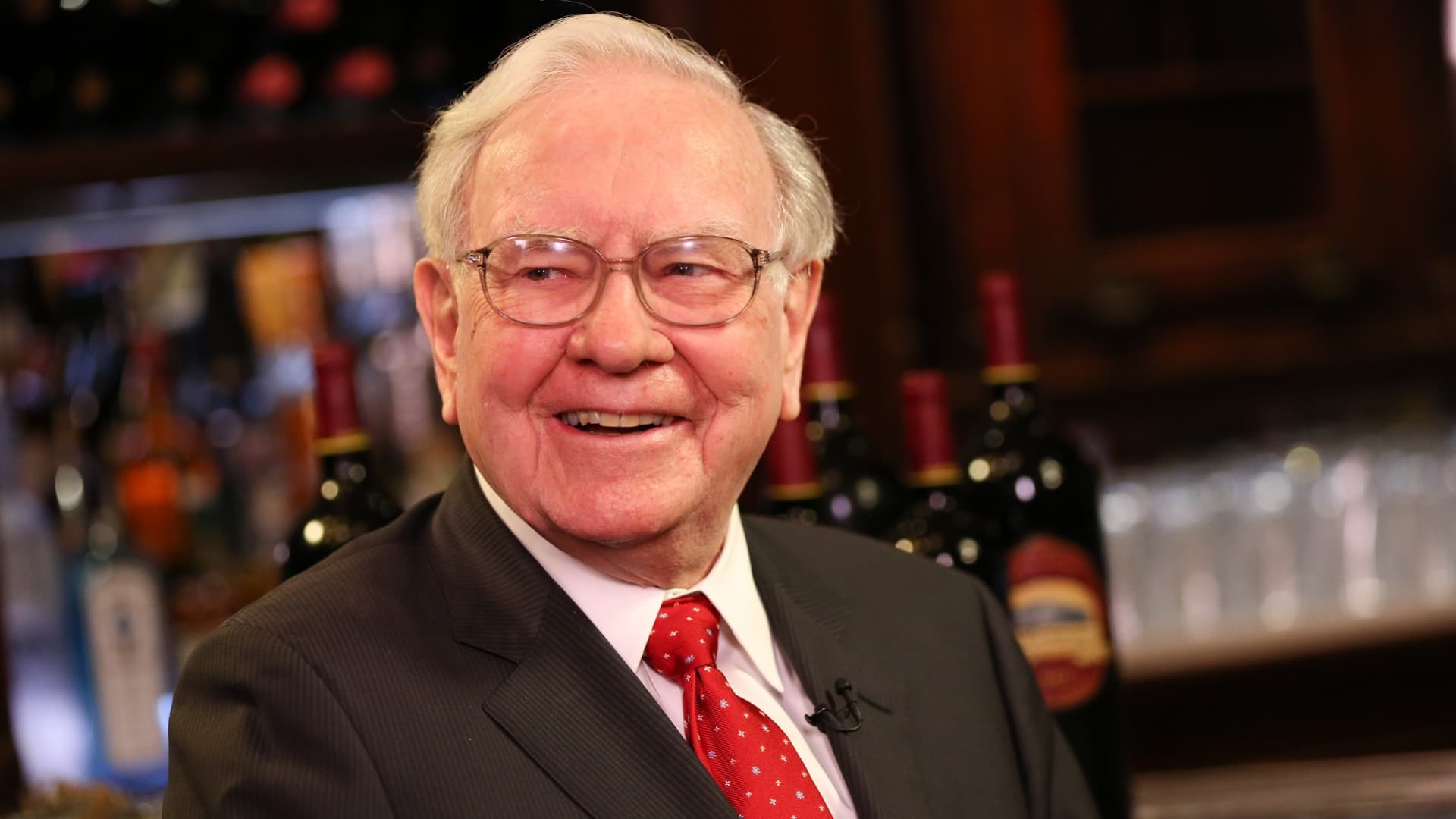A parking lot for workers at the Matam technology park will be built instead. Meanwhile, Apple is about to inaugurate its new center in the same industrial zone.
In May 2021, newly appointed Intel CEO Pat Gelsinger landed in Israel. Gelsinger had visited Israel several times, but this was his first visit in the capacity of CEO. He was appointed to head Intel after a troubled period on both the technological and management fronts that left the company lagging behind its competitors, but an atmosphere of optimism, high demand for semiconductors, and strong growth in the global technology industry, led it to embark on an extensive construction program.During his visit to Haifa, Gelsinger revealed a $200 million plan to build a new center with thousands of square meters of space for sports and green areas, pop-up restaurants, cafés incorporating work spaces, a visitors center open to the general public, sophisticated laboratories, and an auditorium. On the roof of the building there was planned to be a health center with rooms for fitness training, yoga, and a spa, "with an amazing sea view" as was promised at the time.
Three months later, in the presence of Intel senior vice president Gregory Bryant, Haifa mayor Einat Kalisch-Rotem, and Karin Eibschitz-Segal, who is now joint-CEO of Intel Israel, the foundation stone was laid. Comic actor Guri Alfi was brought in as master of ceremonies, the press was invited, and a large buffet was laid on for the guests. No-one could have imagined that within a year and five months Intel would admit that construction of the center was being canceled and that the site would become a parking lot instead.
Now, all the plans have been shelved. Intel has confirmed that it will cancel construction of the new office building next to the Matam technology park in Haifa, and that instead a parking lot will be constructed for the benefit or workers in the park.
As far as is known, the Haifa municipality has received no request to change the zoning of the land.
Problems around the world
This is not the first case of its kind for Intel. Last month, the company delayed the construction of a new fab at Magdeburg in Germany. One of the reasons was that the company was waiting for additional government grants, with construction costs rising. Other construction projects have been canceled in Oregon and in India. The plans to complete a new Intel fab in Kiryat Gat, planned for inauguration next year, remain unchanged.
Unlike the construction of the fab in Germany, which has only been postponed, the construction of the development center in Israel (IDC12) has been canceled for various reasons. First of all, Intel has decided to start its global streamlining program with cancelation of small projects, reduction in the scope of agreements with contractors and consultants, and cutting down on real estate, rather than with employee layoffs.
Intel will probably not be able to avoid mass layoffs, but these plans will be delayed until later on in the year, or next year. The company is supposed to cut costs by $10 billion by 2025.
Secondly, Intel is not recruiting as it did in the past, and is managing with hybrid working arrangements at its existing development center in Haifa, which currently employs 5,000 people. Thirdly, the new building was designed from the start for employer branding purposes, with its extensive leisure areas, which were also going to serve the general public.
Intel Israel is still the country’s largest employer, with 12,000 employees plus another 2,000 at its Mobileye subsidiary, but because of the crisis in the global technology industry and competition with other semiconductor giants such as TSMC, Nvidia, Apple, and Amazon, its workforce has not grown in recent years.
The company did recruit the 1,000 people that Gelsinger promised it would on his visit to Israel as CEO, but a similar number of people has left.
Apple constructs new building
While Intel is canceling construction of its new development center, another US giant, Apple, actually plans to inaugurate its new building in the same industrial zone very shortly. "Globes" has learned that real estate company Bayside’s Matam East #1, meant to house Apple’s new development center, received an occupancy certificate last month. The building has 46,000 square meters of space, of which 28,000 square meters are above ground. It will start to be occupied within the next few months.
The second stage is Matam East #2, with 28,500 square meters above ground, also to be handed over to Apple. No response was received from Apple.
Intel stated in response: "Intel is acting to maximize the usage of its real estate with the aim of creating a dynamic and comfortable work environment for its employees, while cutting costs. We therefore decided to halt construction of IDC12 and complete construction of the parking lot."



